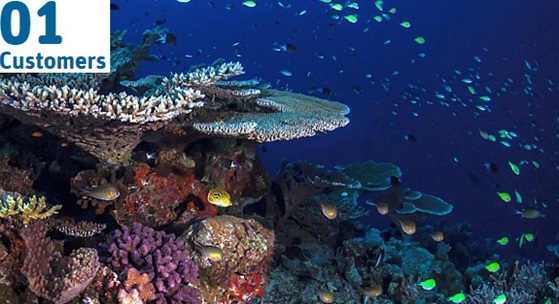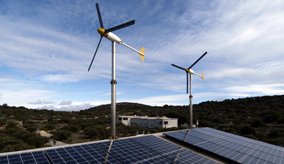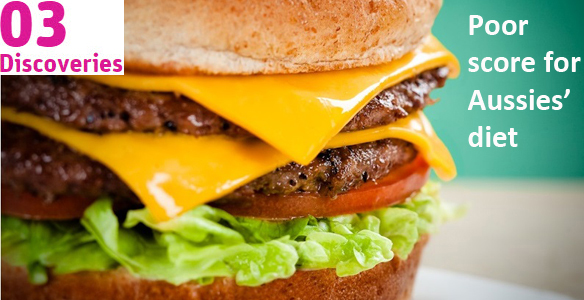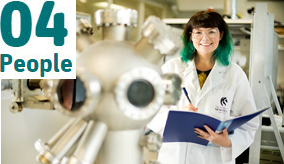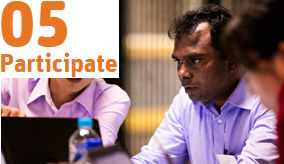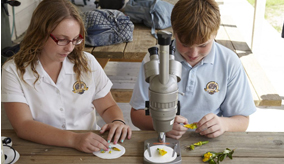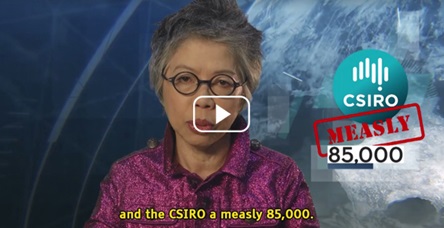02 Research
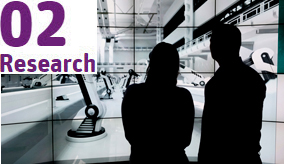
The Big Six: Our innovation hacks for the future
We’re always busy thinking about the future, and we're excited to announce the six new areas of research where we think our science will make life-changing differences. We'll invest in technologies to look deep inside the earth, and networks that match crops to future soil and weather conditions. We'll work with biological data to conserve biodiversity and ecosystems, and personalise medical solutions like vaccines for our DNA and parts for our bodies. We'll wield sensors to monitor our health in real time, so cancers might be caught before they can recur, and we'll make machines smarter so they can custom manufacture almost anything. See what that might look like

